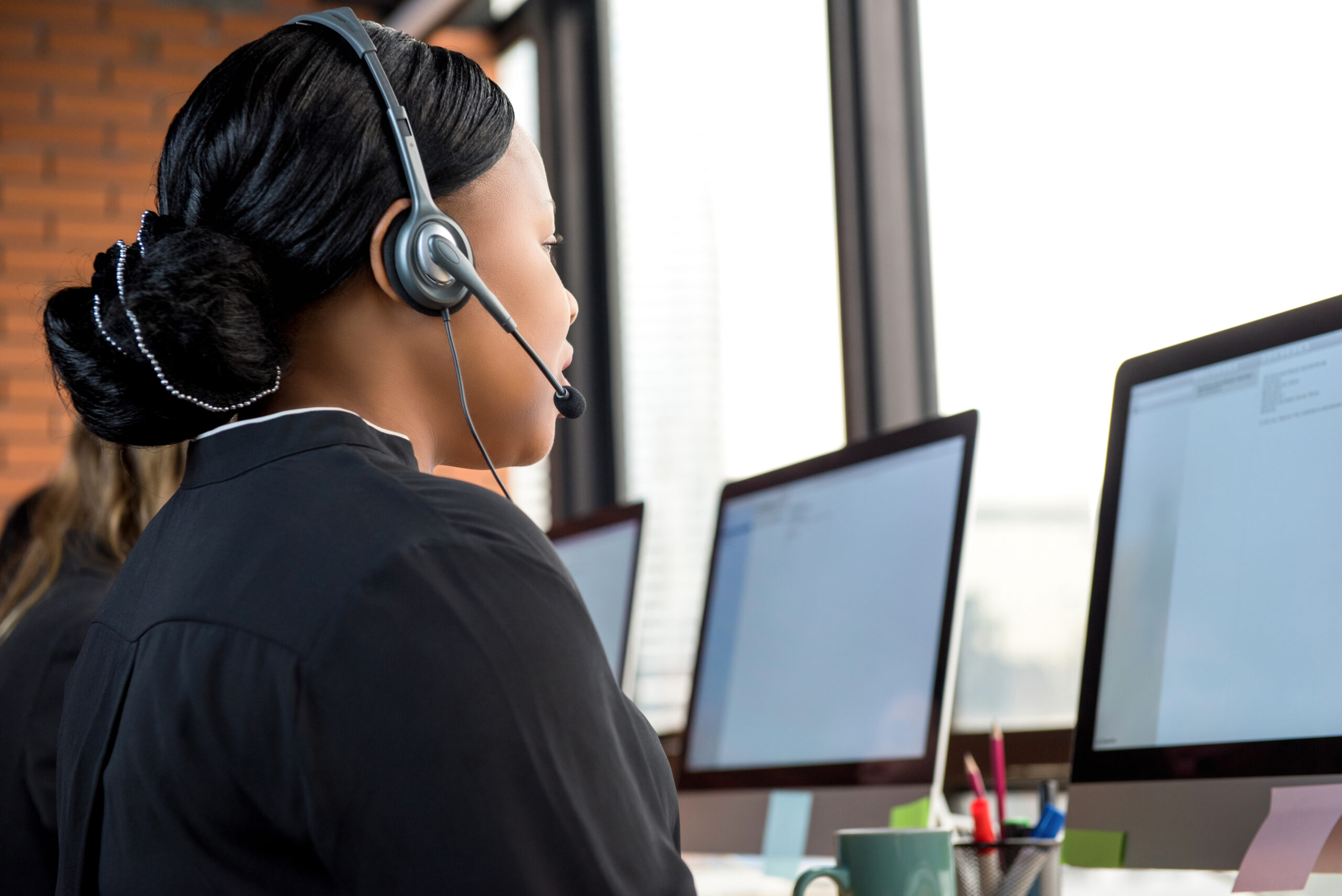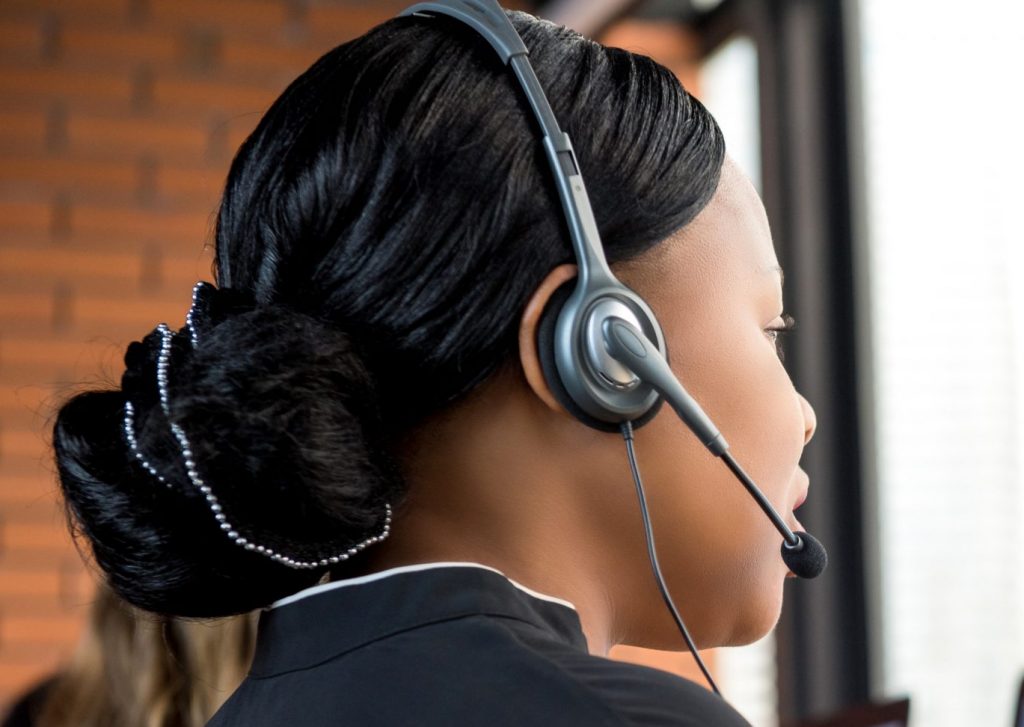
Report: A ‘new normal’ for children affected by their parent’s drinking

Nacoa is the national helpline charity for everyone affected by their parent’s drinking. We offer a free, confidential helpline service and provide information resources for everyone affected and those concerned for their welfare.
2020 has been a year with a difference for our charity and our callers. Service on the Nacoa helpline was not interrupted during the Coronavirus Lockdown. And in settling into a ‘new normal’, we have witnessed in real time the shifting anxieties and struggles for children and young people living with a parent who drinks too much.
Nacoa has received record levels of call numbers since the pandemic hit the UK. In weeks three and four of lockdown, calls doubled to the helpline compared with 2019. We saw in those first weeks what we colloquially term the ‘Christmas effect’, where calls in the lead-up to Christmas and New Year decrease, but then rise steeply in early-to-mid-January. This was memorably described by Nacoa CEO Hilary Henriques as ‘a triumph of hope over experience thinking, which we know children of alcohol-dependent parents are very good at’.
Since the critical peak, requests for help have levelled off to an extent but continue to be significantly higher in comparison with 2019. There has been a 38% increase in calls overall since last year (looking at the second quarter), which amounts to approximately 266 more requests per month over either email or phone. Also, notably, the increase in calls is largely made up from the 12-18 year old age demographic.
There has been much speculation since March whether or not alcohol consumption is rising during the Covid19 pandemic. Possibly the picture is too complex to conclude anything substantive at this stage. Although, some interesting survey analysis from Alcohol Change seems to show that the demographic who have most increased their drinking were those at the higher end of consumption.
At Nacoa, our helpline counsellors spend their time listening, interacting, and responding to the individual experiences of family members dealing with parental addiction, offering time, space, and advice to such people for whom this is a difficult and complex reality.
Case studies from the helpline shine a light on these most hidden of voices. One third of people who call Nacoa have not previously spoken to anyone else about their issues, usually because there is a strong, and often damaging, emphasis on secrecy within the family.
In March, Nacoa published its freely available ‘Covid Resource Pack’. In it, we anticipated potential concerns for, and offered advice to help, children and young people affected by their parent’s drinking during this pandemic. We suggested those affected might:
- See parents bulk-buy alcohol and lose a measure of awareness for their own consumption,
- Become isolated from support of schools and welfare services,
- Live with a heightened sense of responsibility as a young carer,
- Find, even more, that they are bound to conspiracies of secrecy,
- Receive less nutrition as free school meals are withdrawn and/or cash becomes scarce,
- Become overwhelmed and feel that there is no respite in sight.Since March, the severity of calls from young people has certainly intensified.
Many initial concerns have been realised. The Marcus Rashford intervention into the non-extension of free school meals felt very close to home with many of the children and young people we help. But it was an all-to-brief window of public attention on children facing these kinds of adversities.
Helpline quotes (here pseudonymised and rephrased) from our ‘Covid So Far’ report provide a striking insight into the struggles faced by these young people during this Covid19 pandemic:
‘The whole Coronavirus situation has led to her ordering huge crates of beer and wine.’- Jazz
‘There is no escape and I’m more trapped than ever.’ – Caitlin
‘Coronavirus led to me being at home more and my mum’s drinking is worse than ever. I am so isolated and she is very violent, I don’t know where to turn to.’ – Jack
‘I feel that I can usually deal with everything on my own but lockdown has made things unbearable and I’m struggling to cope.’ – Dev
We have also seen issues raised that we did not foresee in our March advice, as Covid19 drags on into the late Summer and Autumn of 2020:
- Complexity around furloughing, job security and cashflow affecting family tensions,
- Increased reports of alcohol relapse,
- Increased reports of aggression and frustration in the home,
- Increase in number of calls from people with suicidal thoughts and intentions,
- A sense of long-term immobility,
- Students returning to family homes where there is an existing alcohol problem,
- Adult callers returning to the family home where there is an existing alcohol problem,
- Workplace and education environments moving permanently and semi-permanently to online and remote environments, reinforcing physical isolation within the dysfunctional home,
- Feeling that the media is not responding to their problems.
Again, helpline examples reinforce the need to keep these young people in the collectivenational consciousness:
‘Dad’s drinking again, it’s my worst nightmare come true. He blames the Corona virus which has messed things up for him.’ – Olivia
‘I lost my Mum to alcoholism. I feel as though my grief doesn’t matter anymore now that coronavirus is everyone’s priority. I’m not sure where to turn.’ – Chelsea
‘It’s hard to focus on anything else when Covid-19 is so prominent in the media. I am more isolated than ever and a lot of my support services have stopped.’ – Manu
‘Coronavirus has made finding part time work impossible, so I can’t go to the shops get some bits and pieces.’ – Ben
‘My parents have been drinking more as things become more uncertain.’ – Tan
Thankfully, Nacoa was here to answer and support the people who made these requests for help. But there are ways that we all can collectively help and make a difference.If you know someone affected, check in. Be someone they can talk to. Simply listening does make a difference. Bear these ideas in mind:
- If you think a child is suffering, be kind to them, don’t ask pointed questions or make comments about their parent’s drinking if it doesn’t seem necessary.
- Offer space to talk or be creative. This does not have to be face to face, and could be via a digital social platform.
- Be a person they can trust who will not judge them or their family.
- Help them know that they are not alone and that help is out there.
- Allow them to explain their experiences in their own language. Avoid assumingauthority over someone else’s language.
- Increase awareness of the difficulties faced by children of alcohol-dependent parents in places of work or a social spaces.
- Share knowledge of services that will be available throughout this period. Nacoa will research, for anyone, open and accessible services in a particular area.
- Inform yourself. Nacoa has free information resources for CAMHs and other mental health workers, teachers, professionals, and many more.
- Raise general awareness of accessible support services that are available
Our services have been in heavy demand for several years, following the significant raising of the profile of COAs (children of alcoholics/children of alcohol-dependents) in the public consciousness, with our friends at Alcohol Change and the Alcohol Families Alliance.
But it has never been more important to provide universal free, accessible, confidential support for children affected by their parent’s drinking. Especially for those whose parents are not ready to address the issue.
We have been inspired during lockdown by our engagements with teachers, professionals, and concerned people, who want to help and raise awareness. And writing this I am reminded of the salient example of a recent Nacoa project, Lockdown Nell.
During Lockdown, children’s author Jane Elson wrote Lockdown Nell, an update on the popular children’s novel Will You Catch Me? This wonderful short story for young people is based on Nacoa helpline reports, and was published for free on the Nacoa website as a text animation video, audiobook, and PDF booklet.
It is a fantastical, funny, and moving piece of writing. Elson’s writing gives authentic voice to the resigned but brutally frustrated emotions of children living with parental alcohol problems:
‘Mum is still passed out, flopped over the kitchen table. I put the sick bowl and a glass of water and packet of headache tablets next to her hand for when she wakes up. Then I will put her to bed. It is my job.’– Lockdown Nell
For us, this story feels intensely accurate to the kinds of events, the kinds of language, the kinds of struggles, confronting Nacoa on a daily basis. It is a hidden story made visible. A reminder of the one third of children who have never disclosed to anyone, and the challenges that implies. Nell’s is a silent, and often silenced, voice that we should take special pains to hear during this time of pandemic.
If you are affected by your parent’s drinking, you are not alone.

























































































